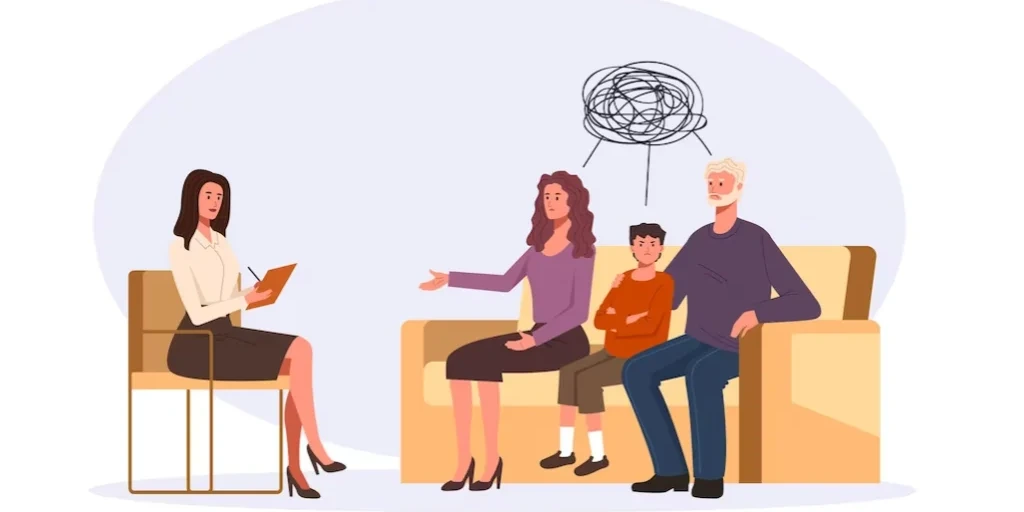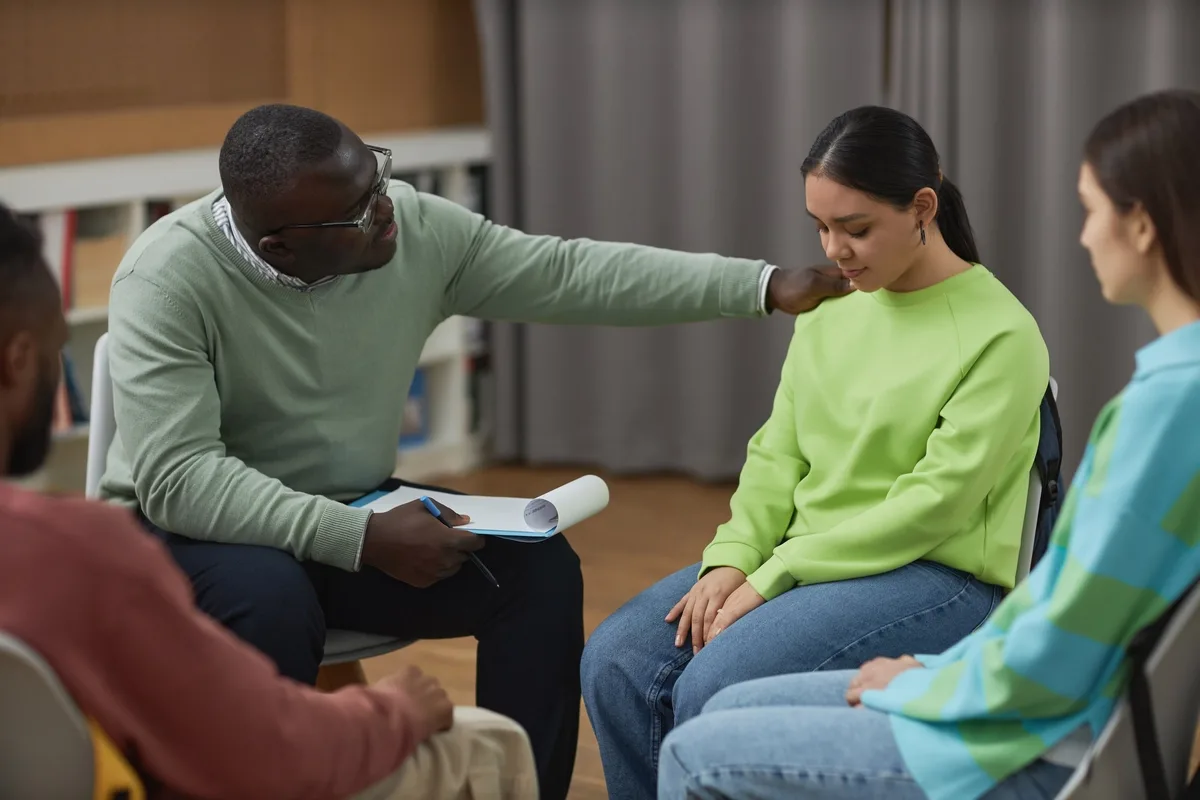24/7 Helpline:
(866) 899-221924/7 Helpline:
(866) 899-2219
Learn more about Codeine Rehab centers in Fayette County

Other Insurance Options

AllWell

Sutter

Multiplan

State Farm

ComPsych

GEHA

Group Health Incorporated

Ambetter

Lucent

CareFirst

UnitedHealth Group
Beacon

PHCS Network

American Behavioral

Kaiser Permanente

Access to Recovery (ATR) Voucher

Holman Group

United Health Care

Oxford

Absolute Total Care

Georgia Addiction Treatment Center
Georgia Addiction Treatment Center (GATC) is a CARF-accredited drug and alcohol rehab located in Pea...

Grace Harbour
Grace Harbour is an outpatient mental health clinic that serves individuals from all ages in a holis...

Turning Point New Directions
Turning Point New Directions is a counseling clinic located in Tyrone, GA. Turning Point New Directi...

The Insight Program
The Insight Program is a private rehab located in Tyrone, Georgia. The Insight Program specializes i...

Pyramid Healthcare – Pine Ridge Manor Halfway House for Men
Pyramid Healthcare - Pine Ridge Manor Halfway House for Men is located in Tyrone, Pennsylvania. Pyra...




































































